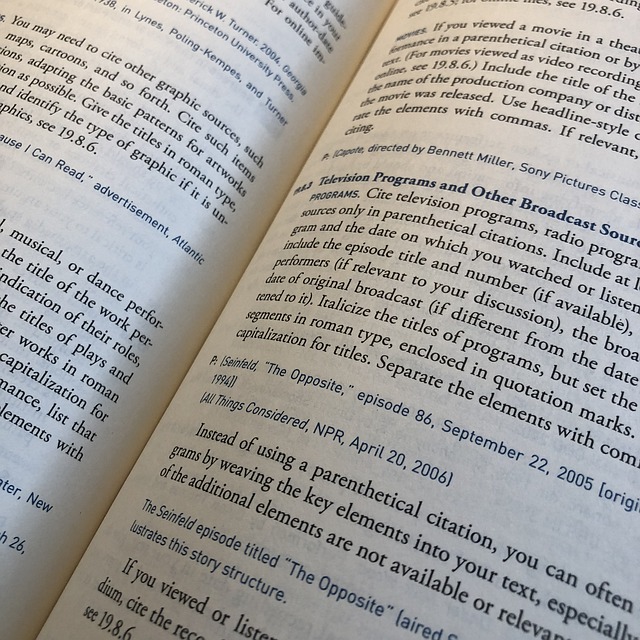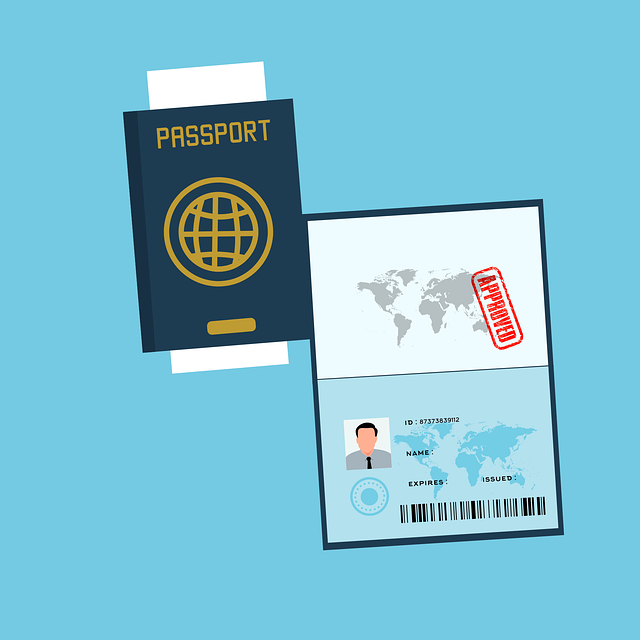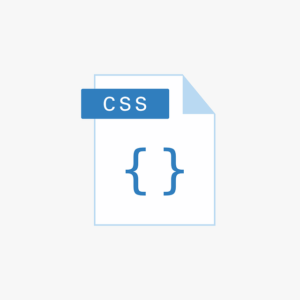Translation services for UK Research and Development (R&D) documents require a deep understanding of local compliance laws, especially regarding sensitive data and experimental results. Professional translators skilled in these areas must be adept at navigating industry-specific regulations like GDPR, ensuring precise translations that maintain research integrity while adhering to legal requirements. The best services consider cultural context, employ rigorous quality assurance processes, and maintain data security, mitigating risks associated with inaccurate translations which can have severe legal and ethical consequences. Choosing a reputable provider specializing in scientific documentation is crucial for successful translations, with an emphasis on confidentiality, flexibility, and industry accreditations.
Navigating the complex landscape of UK research compliance can be a challenge, especially when dealing with international collaborations. This article guides you through essential aspects of translating research documents while adhering to stringent UK regulations. From understanding compliance requirements to selecting the right translation partner, we explore strategies to ensure accuracy and maintain ethical standards in medical research translations for your UK R&D projects.
- Understanding UK Research Compliance Requirements
- The Role of Professional Translation Services
- Key Considerations for Accurate Document Translations
- Ensuring Quality and Consistency in Medical Research Translations
- Legal and Ethical Implications of Inaccurate Translations
- Selecting the Right Translation Partner for Your Project
Understanding UK Research Compliance Requirements

When it comes to translation services for UK research and development documents, understanding the country’s strict compliance requirements is paramount. The UK has stringent regulations governing research activities, particularly when dealing with sensitive data or experimental results. Translation companies must be adept at navigating these rules to ensure accurate and legally compliant documentation.
Research translations require a deep knowledge of not just language but also local laws and industry standards. This includes familiarizing oneself with the General Data Protection Regulation (GDPR) and any specific sectoral guidelines, especially in fields like healthcare or finance. Accurate translations must convey the original meaning while adhering to these regulations, ensuring that the translated documents are legally sound and maintain the integrity of the research findings.
The Role of Professional Translation Services

Professional translation services play a pivotal role in ensuring that UK research and development documents are accurately and compliantly translated, especially when dealing with sensitive information or specific regulatory requirements. These services go beyond simple word-for-word translations; they offer expertise in localizing content to suit the target audience and cultural context. With stringent regulations governing various industries, such as healthcare, pharmaceuticals, and technology, it’s essential to partner with professionals who understand these nuances.
Translation experts skilled in UK market compliance can adapt sources and targets to fit regional variations, ensuring that technical terms are accurately conveyed without losing their original intent. They stay updated on industry-specific terminology, regulatory frameworks, and cultural preferences, facilitating seamless communication between researchers, developers, and stakeholders worldwide.
Key Considerations for Accurate Document Translations

When seeking translation services for UK research and development documents, several key considerations come into play to ensure accuracy and compliance. The first step is to understand the specific industry regulations and guidelines relevant to your document type. Different sectors, such as pharmaceuticals or healthcare, have unique requirements for translations, including adherence to technical terminology and specific formatting standards. Engaging professional translators who are well-versed in these fields is essential to maintaining precision.
Additionally, quality assurance processes should be in place to verify the accuracy of translations. This may involve proofreading by subject matter experts, language pair checking, and ensuring the translated document aligns perfectly with the original content. Remember that accurate translations go beyond word-for-word replacements; they require a deep understanding of the source material’s context and purpose.
Ensuring Quality and Consistency in Medical Research Translations

Ensuring quality and consistency in medical research translations is paramount, especially within the stringent regulatory environment of the UK. When dealing with sensitive R&D documents, choosing the right translation service provider can make or break the success of your project. Look for providers who possess a deep understanding of both scientific terminology and the local healthcare landscape to deliver accurate, culturally adapted translations.
The best translation services for UK research and development documents should employ rigorous quality assurance processes. These often include multiple rounds of review by expert linguists and domain specialists, ensuring that every translated document aligns with industry standards and regulatory requirements. This attention to detail guarantees consistency across all translations, maintaining the integrity of your research data and facilitating seamless submission processes.
Legal and Ethical Implications of Inaccurate Translations

Inaccurate translations in research documents can have significant legal and ethical implications, especially in the UK where compliance with regulations is paramount. When dealing with scientific or medical data, incorrect translations may lead to misunderstandings, misinterpretations, or even harmful applications of information. For instance, a mistranslated chemical formula could result in dangerous mishandling during a lab experiment. Similarly, medical research published in different languages must be accurately translated to ensure patient safety and informed consent.
Translation services for UK Research and Development Documents play a crucial role in mitigating these risks. Professional translators with expertise in scientific terminology are essential to convey complex ideas accurately. Compliance with ethical standards in translation ensures the integrity of research findings, protects participants’ rights, and maintains the highest level of transparency in the scientific community.
Selecting the Right Translation Partner for Your Project

Choosing the right translation partner is a key step in ensuring successful UK research translations. Look for a provider with deep expertise in scientific and technical documentation, preferably with experience in your specific field. Reputable firms employ native-speaking translators who understand both the source and target languages, guaranteeing accurate and contextually appropriate translations.
When selecting a partner, consider their qualifications, certifications (e.g., ISO 17105), and industry accreditations. Check their process for quality assurance, including proofreading and editing by subject matter experts. Reputable translation services for UK research and development documents should also offer confidentiality, data security, and the ability to work within your project’s strict deadlines and budget constraints.
When navigating the complex landscape of UK research translations, it’s clear that professional translation services are indispensable. By understanding compliance requirements, considering key factors like accuracy and quality, and selecting a trusted partner, researchers can ensure their documents meet legal standards while advancing scientific knowledge. Translation services for UK Research and Development Documents play a vital role in fostering innovation, maintaining ethical practices, and promoting global collaboration.
